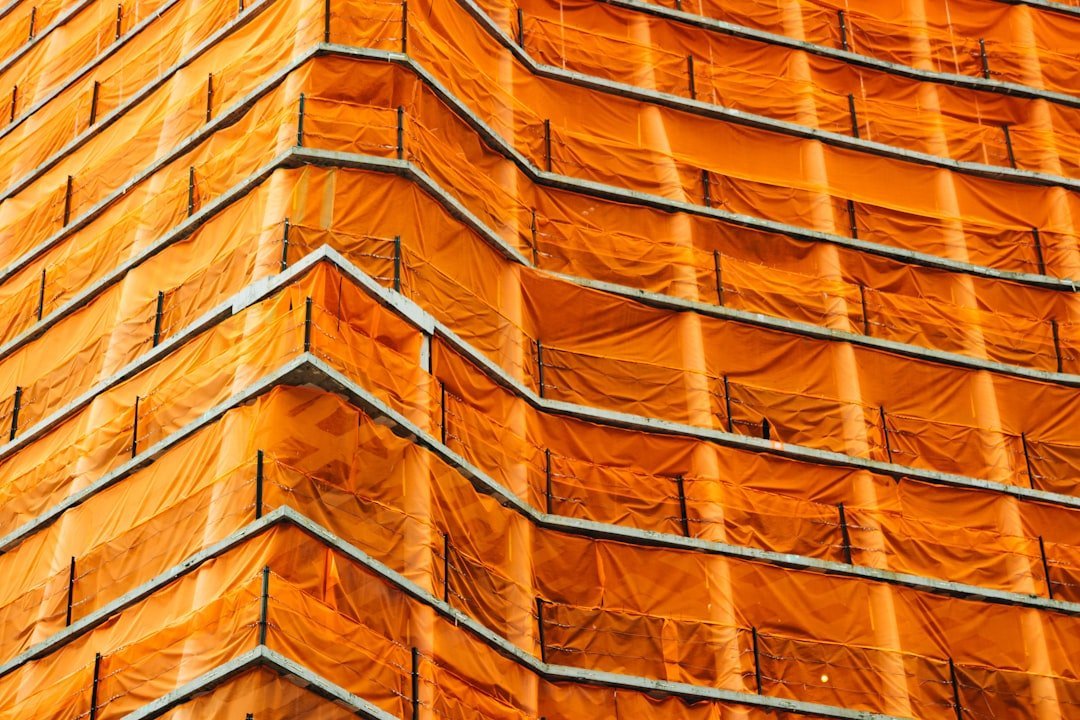
Industrial Tarps vs. Traditional Covers: Which is Better?
In the realm of protective coverings, the debate between industrial tarps and traditional covers has long been a topic of interest for many. Each type comes with its own set of advantages and disadvantages, which might leave you wondering which option is truly better suited for your needs. Let's dive into the comparison of industrial tarps and traditional covers to help you make an informed decision.
Industrial Tarps
Industrial tarps are heavy-duty covers made from materials such as polyethylene, canvas, vinyl, or mesh. These tarps are designed to withstand harsh weather conditions, UV exposure, and heavy-duty usage. Their primary purpose is to protect large equipment, machinery, and materials from elements like rain, wind, and sun damage.
Advantages of Industrial Tarps:
- Durability: Industrial tarps are typically more durable and long-lasting than traditional covers.
- Weather Resistance: They offer superior protection against extreme weather conditions.
- Customization: Industrial tarps can be customized to fit specific shapes and sizes.
Disadvantages of Industrial Tarps:
- Cost: Industrial tarps can be more expensive upfront compared to traditional covers.
- Weight: Due to their heavy-duty nature, industrial tarps can be heavier and more cumbersome to handle.
Traditional Covers
Traditional covers, such as cloth or plastic covers, are commonly used for smaller items like furniture, grills, and vehicles. While they are more lightweight and easier to handle than industrial tarps, traditional covers may not offer the same level of protection in challenging environments.
Advantages of Traditional Covers:
- Affordability: Traditional covers are generally more budget-friendly than industrial tarps.
- Portability: They are lightweight and easy to transport, making them ideal for smaller items.
- Versatility: Traditional covers come in various sizes and shapes to accommodate different objects.
Disadvantages of Traditional Covers:
- Durability: Traditional covers may not be as durable or long-lasting as industrial tarps.
- Weather Resistance: They may not offer sufficient protection against heavy rain or strong winds.
When deciding between industrial tarps and traditional covers, it's essential to consider the specific needs of your items. If you are looking to protect large machinery or equipment that is exposed to harsh outdoor conditions, industrial tarps may be the better choice due to their durability and weather resistance.
On the other hand, if you need a cover for smaller objects that are primarily kept indoors or in mild weather conditions, traditional covers could be a more cost-effective solution.
Conclusion: Making the Right Choice
Choosing between industrial tarps and traditional covers ultimately depends on your unique requirements and budget. By carefully assessing the level of protection needed, the environmental conditions, and the longevity expected from the cover, you can determine whether industrial tarps or traditional covers are better suited for your specific situation. Remember, the right cover can make all the difference in preserving the integrity and longevity of your valuable assets.
Step into the world of another store owner by visiting their captivating Shopify store. Click here to begin your journey. Kindly note that this is a promotional link, and we do not take responsibility for the content of the linked store.
